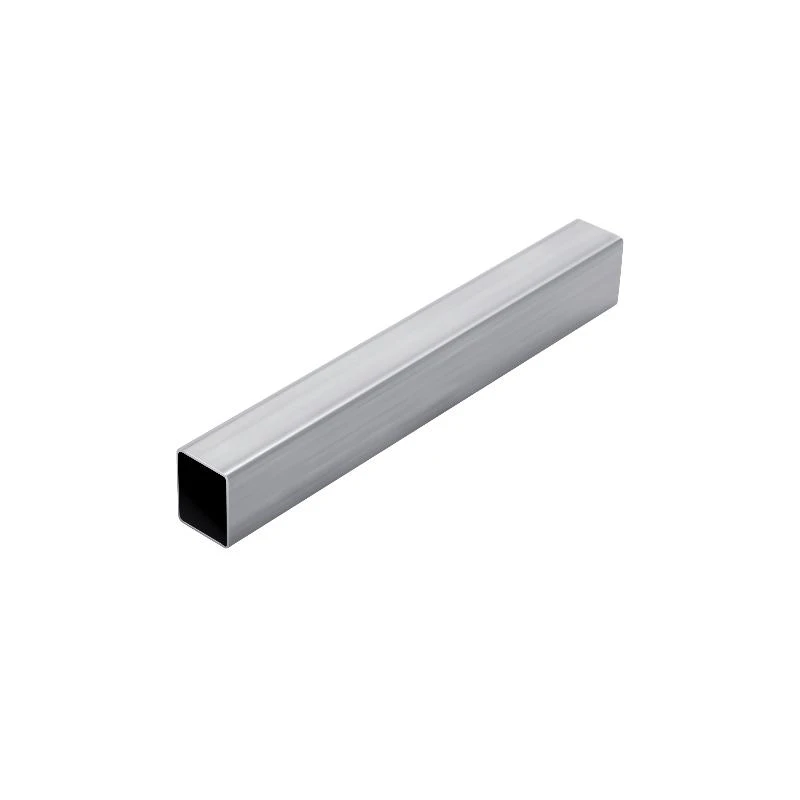
The Impact of Automotive Machine Parts on Modern Vehicle Performance
In the rapidly evolving world of automotive engineering, the importance of high-quality machine parts cannot be overstated. These components serve as the backbone of any vehicle, driving performance, efficiency, and safety. As the automotive industry embraces innovation and technology, the demand for sophisticated automotive machine parts continues to rise, leading to improved vehicle performance and enhanced driving experiences.
Automotive machine parts encompass a wide range of components, including engines, transmissions, braking systems, and suspension systems. Each part plays a critical role in the overall functionality of the vehicle. For instance, the engine serves as the heart of the vehicle, converting fuel into motion. With advancements in technology, modern engines are designed to be more efficient, lightweight, and powerful. The integration of machine parts such as turbochargers, fuel injectors, and engine control units enables vehicles to achieve optimal performance while minimizing fuel consumption and emissions.
Transmissions are another crucial aspect of automotive engineering. They facilitate power transfer from the engine to the wheels, allowing vehicles to accelerate smoothly and efficiently. Recent innovations, such as continuously variable transmissions (CVTs) and dual-clutch transmissions (DCTs), offer seamless gear shifts and enhanced fuel economy. These advancements highlight the significance of machine parts in improving vehicle dynamics and responsiveness.
Braking systems are vital for ensuring safety on the road. Modern vehicles are equipped with advanced braking technologies, including anti-lock braking systems (ABS) and electronic stability control (ESC). The precision and reliability of machine parts within these systems, such as brake pads, rotors, and calipers, are essential for effective braking performance. As safety regulations become more stringent, manufacturers are focused on producing high-performance machine parts that not only meet but exceed industry standards.

Suspension systems play a significant role in ride comfort and handling. They are designed to absorb shocks and maintain tire contact with the road, ensuring a smooth driving experience. The evolution of suspension technology, including adaptive and air suspension systems, allows for improved handling and comfort by adjusting to varying road conditions. Quality machine parts, such as shock absorbers and coil springs, are crucial for achieving the desired performance and ride quality.
The emergence of electric and hybrid vehicles has also shifted the focus of automotive machine parts. With the increasing popularity of electric vehicles (EVs), manufacturers are investing in components that enhance battery efficiency, reduce weight, and improve vehicle range. Energy-efficient machine parts, such as electric motors and regenerative braking systems, play a fundamental role in designing vehicles that meet the global demand for sustainable transportation solutions.
As the automotive industry continues to innovate, the importance of machine parts remains central to enhancing vehicle performance, safety, and efficiency. Manufacturers are now embracing advanced materials, precision engineering, and smart technologies to create components that not only meet current demands but also anticipate future needs. Research and development efforts are focused on improving the durability and reliability of these parts, ensuring that vehicles can withstand the rigors of everyday use while delivering optimal performance.
In conclusion, automotive machine parts are integral to the overall performance and safety of vehicles. As technology advances, the focus on developing high-quality, efficient, and reliable components will continue to shape the future of the automotive industry. The commitment to innovation in machine parts will not only enhance driving experiences but also pave the way for a more sustainable and efficient automotive landscape.